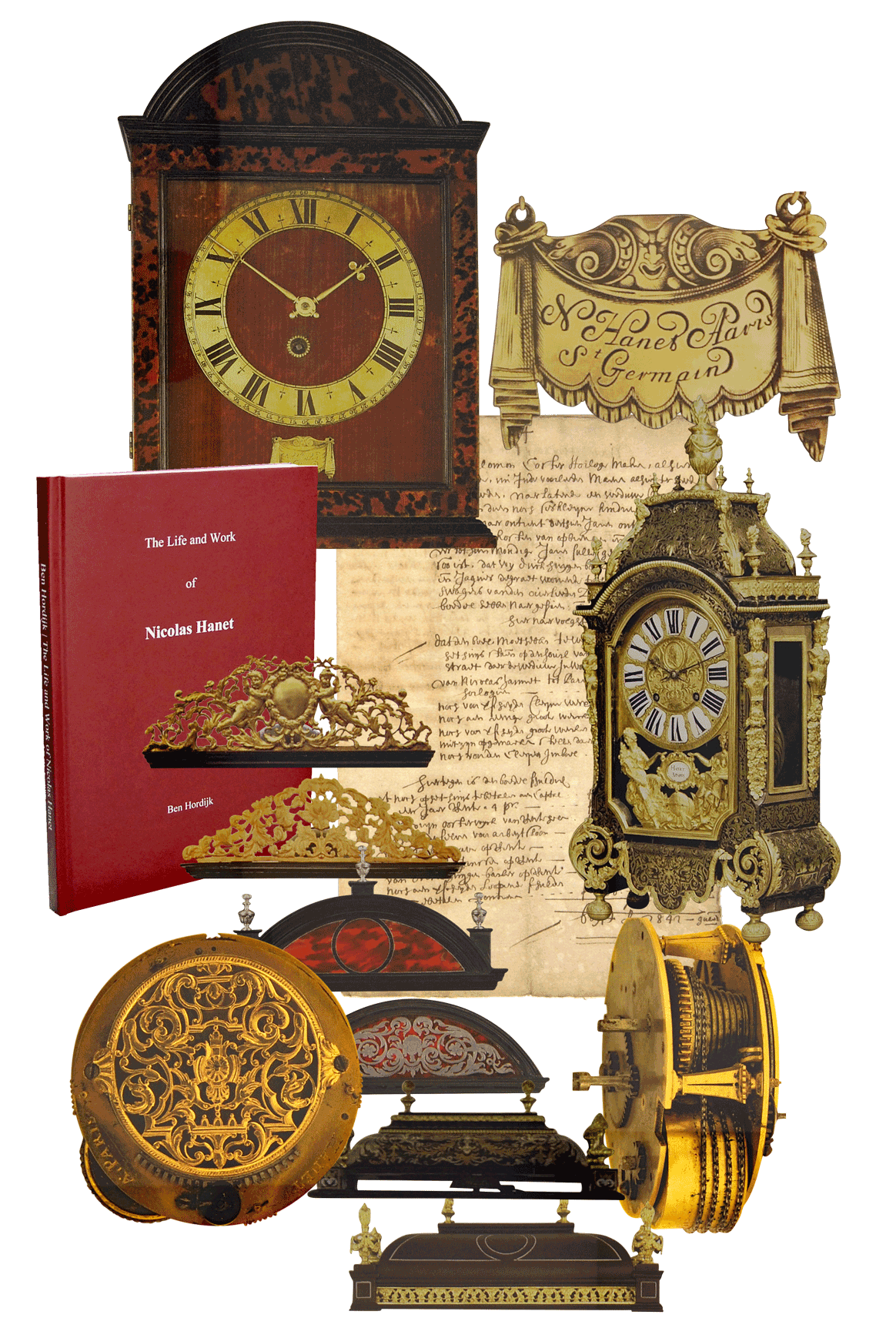|
|
|
CONTENTS |
|
|
|
PREFACE |
|
|
|
INTRODUCTION |
|
|
|
CHAPTER ONE - Nicolas I • |
|
Introduction
Genealogy
History
Chronology
Dating
Systematics
|
|
|
|
First Period 1658 - 1662 |
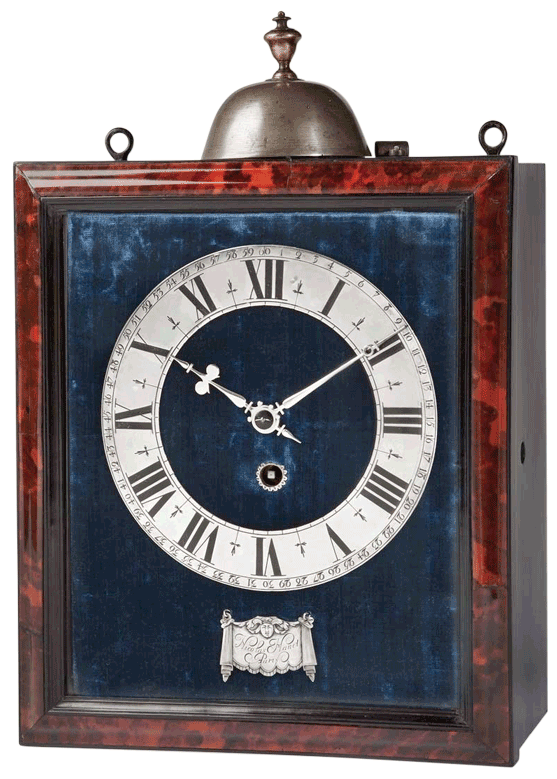
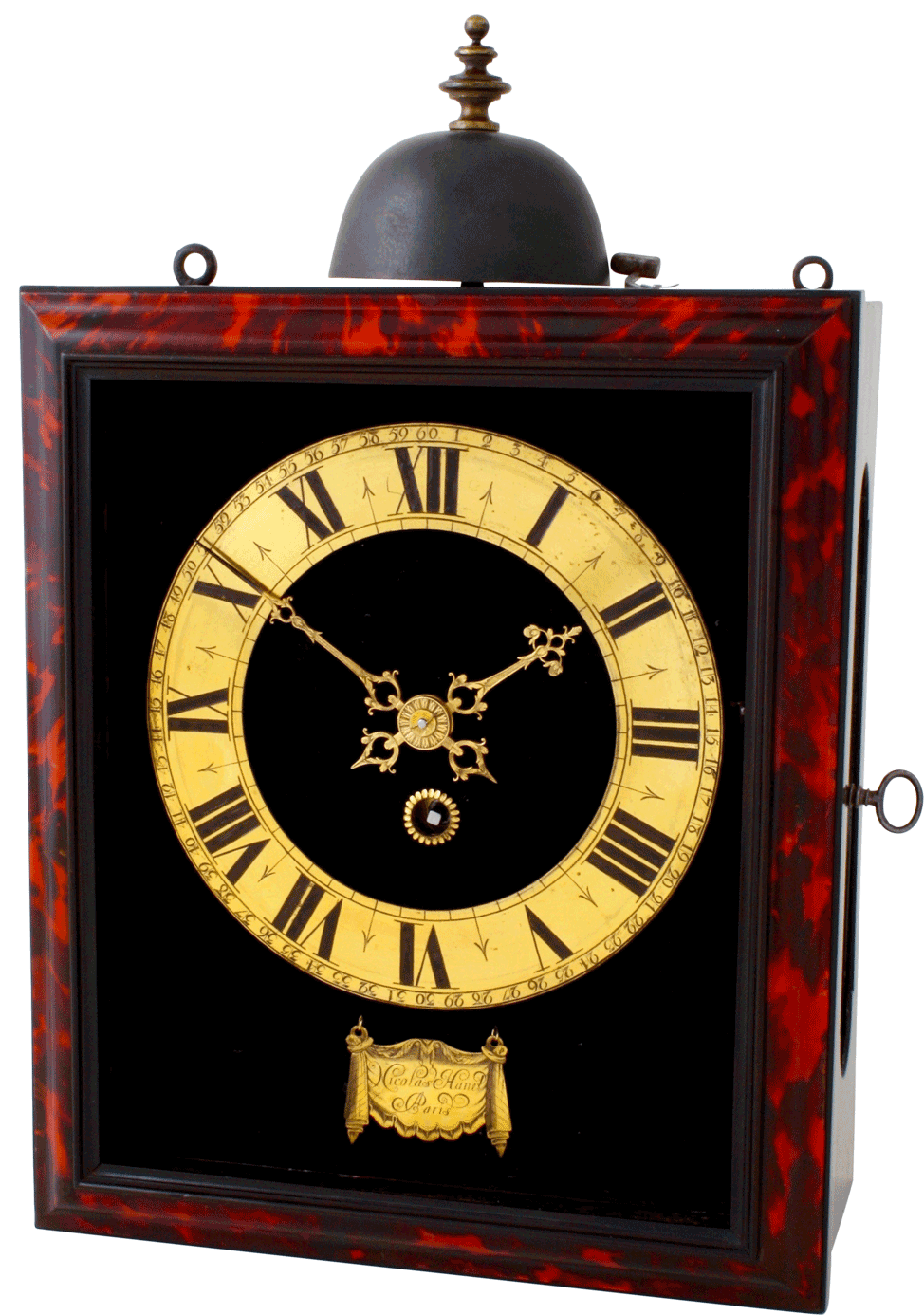 |
|
Clocks
and Movements
Dial plates and hands
Signature shields
|
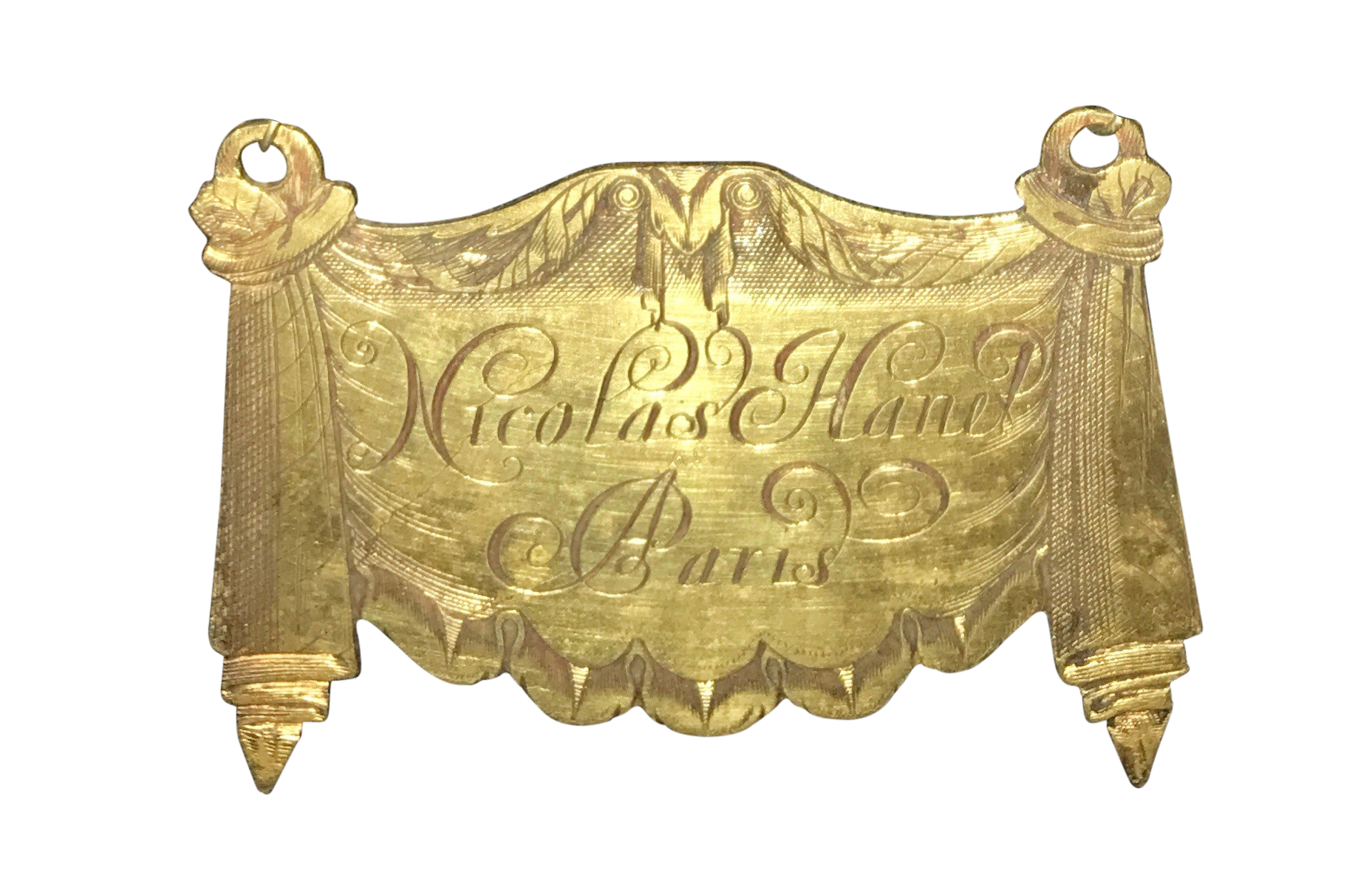 |
|
Characteristics Hanet versus Coster |
|
|
|
Period 1662 - 1665 |
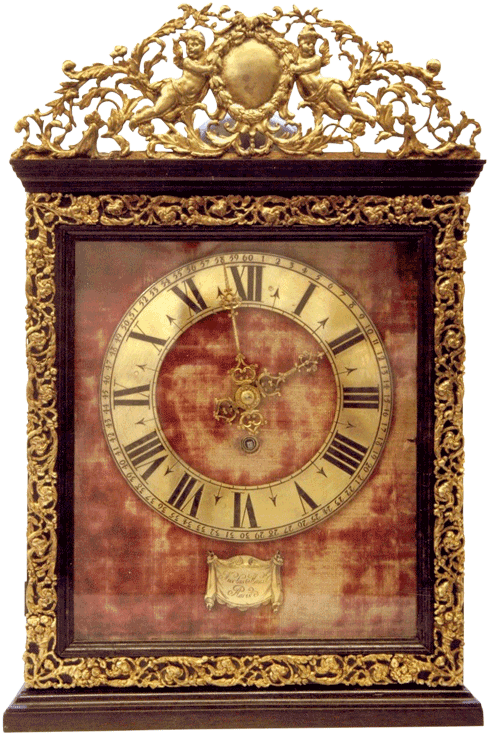
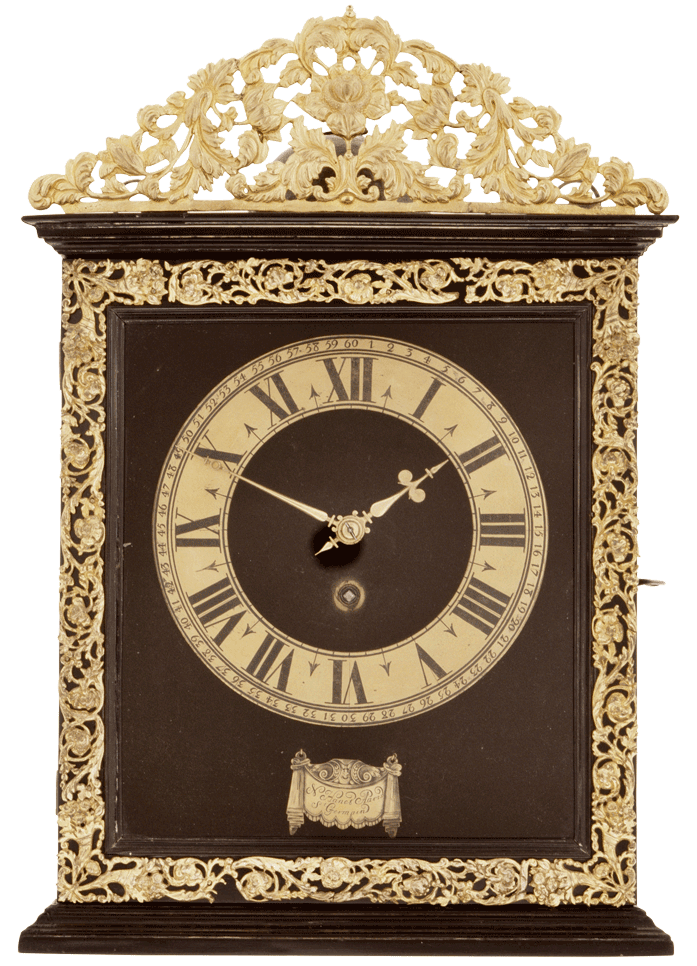 |
|
Clocks
and Movements
Dial plates
Signature shields
|
|
Signature |
|
|
|
Exception to the rule |
|
|
|
Period 1665 - 1670 |
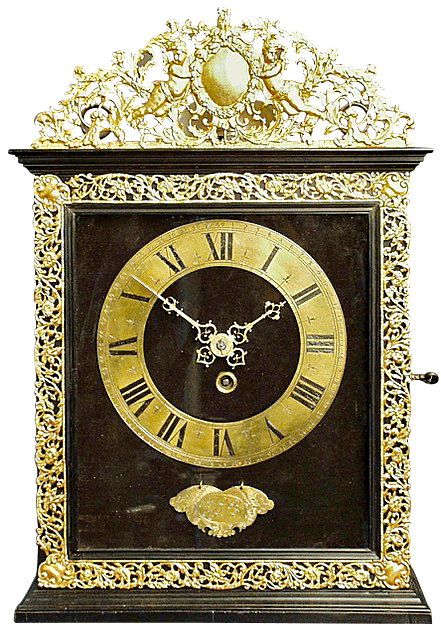
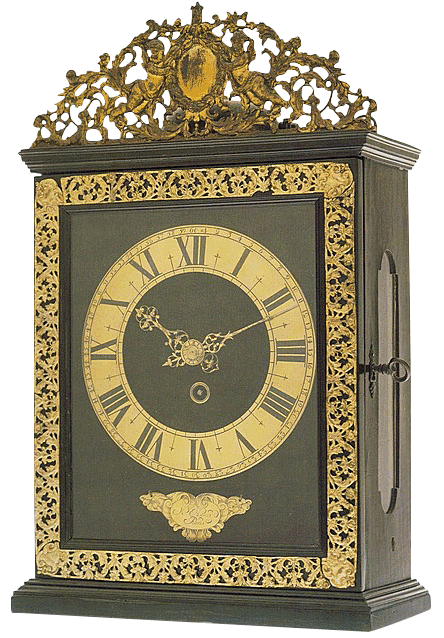 |
|
Clocks
and Movements
Dial plates
Signature shields
|
|
|
|
|
|
Period 1670 - 1685 |
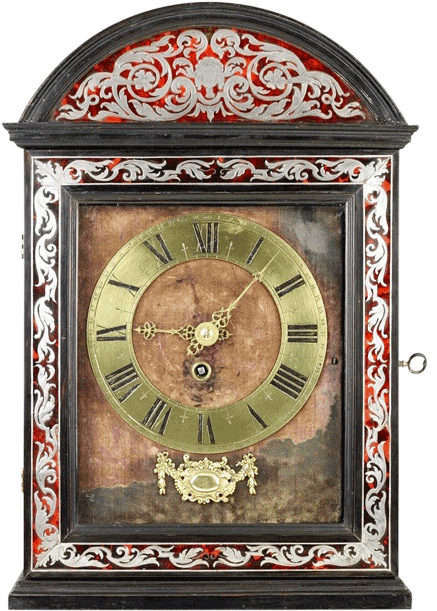
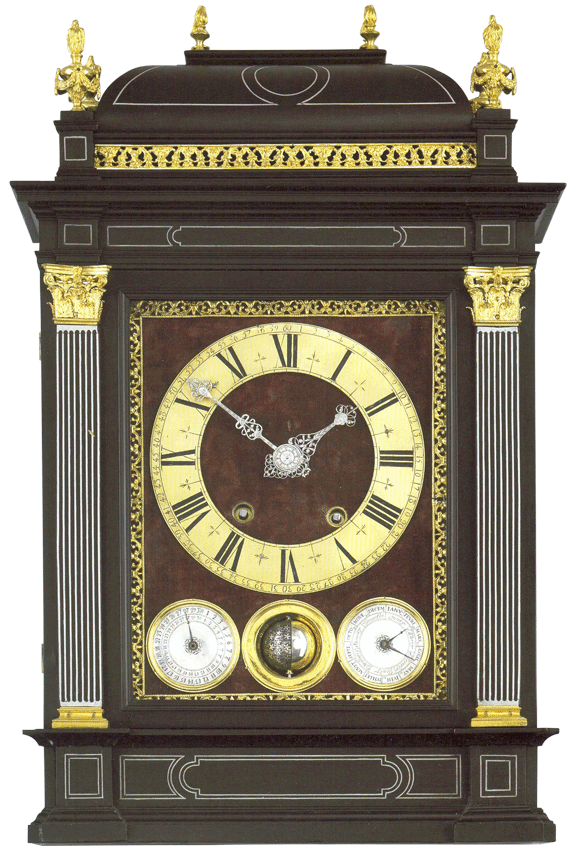 |
|
Clocks
and Movements
Dial Plates
Signature shields
|
|
|
|
CHAPTER TWO - Catherine Hanet, widow
• |
|
|
Period 1687 - 1705
|
|
Clocks
and Movements
Signature cartouches/Dial
plates
|
|
|
CHAPTER THREE - Nicolas II
•
|
|
Genealogy
Chronology
lntroduction
Régence Period
|
|
|
|
Period 1705 - 1723 |
|
Clocks
and Movements
Signature cartouches
|
|
|
|
Results |
|
Conclusion |
|
|
|
CHAPTER FOUR - The Watches • |
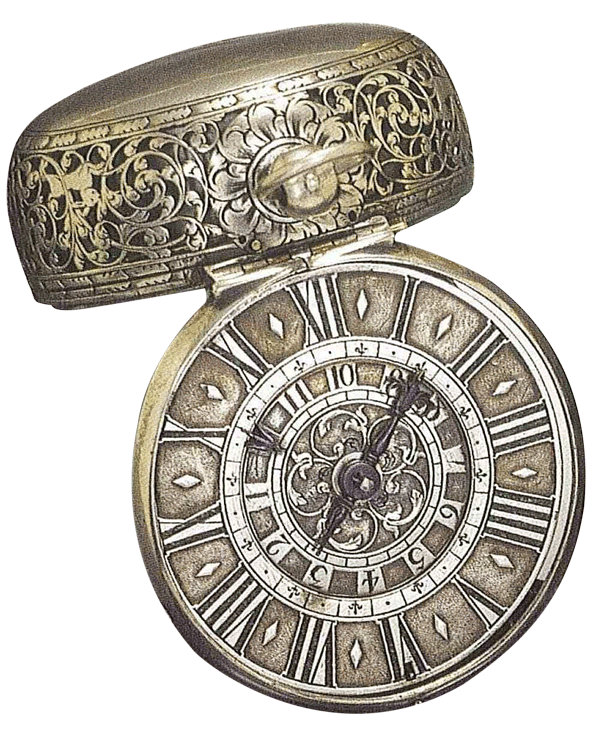
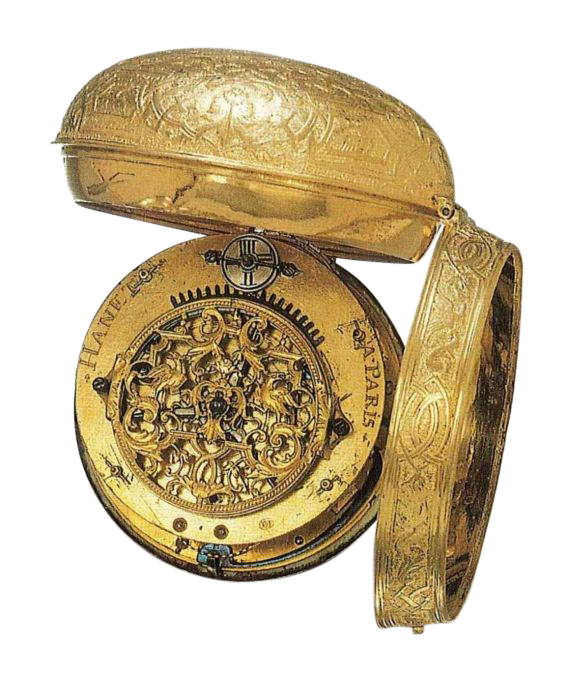 |
|
Dating
Signature
Balance Spring
|
|
|
Nicolas I Watches
Nicolas II Wa tches
Hanet et Gouchon Watches |
|
|
|
Results |
|
Conclusion |
|
|
APPENDICES
•
|
|
1. Akte
van bewijs (act of proof)
of Coster.
2.
Translation financial part
act of proof of Coster.
3.
Money order and power of
attorney from Pascal to Hanet.
4. Pediments.
5.
Doorframe, door lock,
aperture escape wheel.
6.
Summary characteristics
clocks Nicolas I.
|
|
|
|
References and Sources
• |
|
|
|
|
|

Author Ben Hordijk |
|
|
ISBN: 978-90-828919-0-4
Distribution
benhordijk@icloud.com
Printing EZ Books |
|
|
|
•
INTRODUCTION |
|
|
Nicolas Hanet is known to be the
first who made a pendulum clock in France, like John
Fromanteel was in England . This pendulum clock was based on
the invention of Christiaan Huygens and was commissioned by
Henri-Louis Habert de Montmor.
About Nicolas Hanet is, in
contrast to Salomon Coster and John Fromanteel,
very little known, in my opinion
completely unjustified. For this reason, I felt the need to
correct this unjust fate and therefore tried to unravel the
life and work of this important clockmaker.
|
|
•
First, I focussed on the genealogy of Nicolas Hanet.
Foremost, because little is known about Nicolas I and there
is confusion with the data of his son. This is why I have
tried to make a division between the data of Nicolas 1. the
master (maître) and Nicolas II , the son (fils du maître).
• In the 17th and 18th century
no accurate records of inhabitants were kept. Data found are
almost always approx.
• Due to a lack of interest in
the history of the first pendulum clock all involved parties
in France, the public registers and archives have little information available. In
addition, due to the 'Commune' of May 1870 almost all archives of the
marital status of the inhabitants of the City of Paris have
been destroyed by fire. Only a small part could be reconstructed. Therefore. I
unfortunately had to make some assumptions. These
assumptions could be the logica! explanation and reason for
various facts that I found through other sources, without
having hard evidence.
|
|
|
|
•
Genealogy |
|
|
Not that much is known about
Nicolas I’s course of life. This is partly caused by the
fact that in the literature the year of his death is mixed
up with his son’s year of death. Tardy’s Dictionnaire des
Horlogers Français refers, that he was ‘established in
Amsterdam before 1660’. In my research I have tried to
unreavel
the genealogy. Full family biographies are
given and the addenda contains a copy of Coster’s probate
document, (Akte van Bewijs), showing that Coster was owed
759 guilders by Hanet at the time of his death in 1659.
Hanet born in Rouen worked briefly with Salomon Coster
in 1658 before working in Paris. He returned frequently to
The Hague and Huygens’ correspondence shows that he was used
on several occasions to carry clocks, either new or
repaired, from Coster’s workshop to Parisian clients. This
Coster connection inevitably invites comparison of clocks by
Hanet with the early Coster clocks. Coster’s early work is
included for comparison. |
|
|
|
• The work of Nicolas Hanet |
|
|
I have managed to uncover 44
clocks with the signature ‘Nicolas Hanet and the study
details 28 clocks bearing Hanet’s name. The clocks are
presented in high quality with useful comparisons of the
stylistic variations of various components.
Next to
the clocks 19 many impressive onion-type watches are
presented signed by Hanet, most with fusee, some without.
His son worked closely with Etienne Hubert and Jacques
Gouchon.
The book is a large and valuable resource. |
|
|
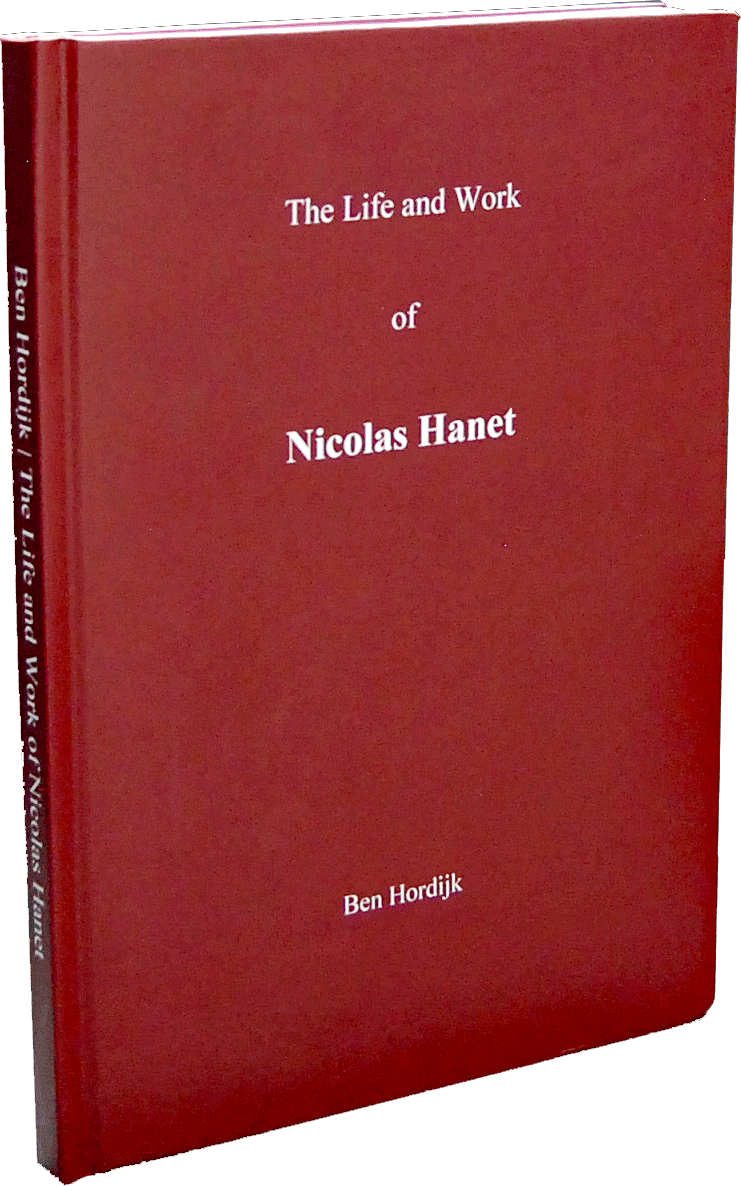 |
|
|
The Life and Work of
Nicolas Hanet |
|
ISBN: 978-90-828919-0-4 |
Order directly from the author by
sending an email to: benhordijk@icloud.com
|
|
|
|
|
|
|
|
